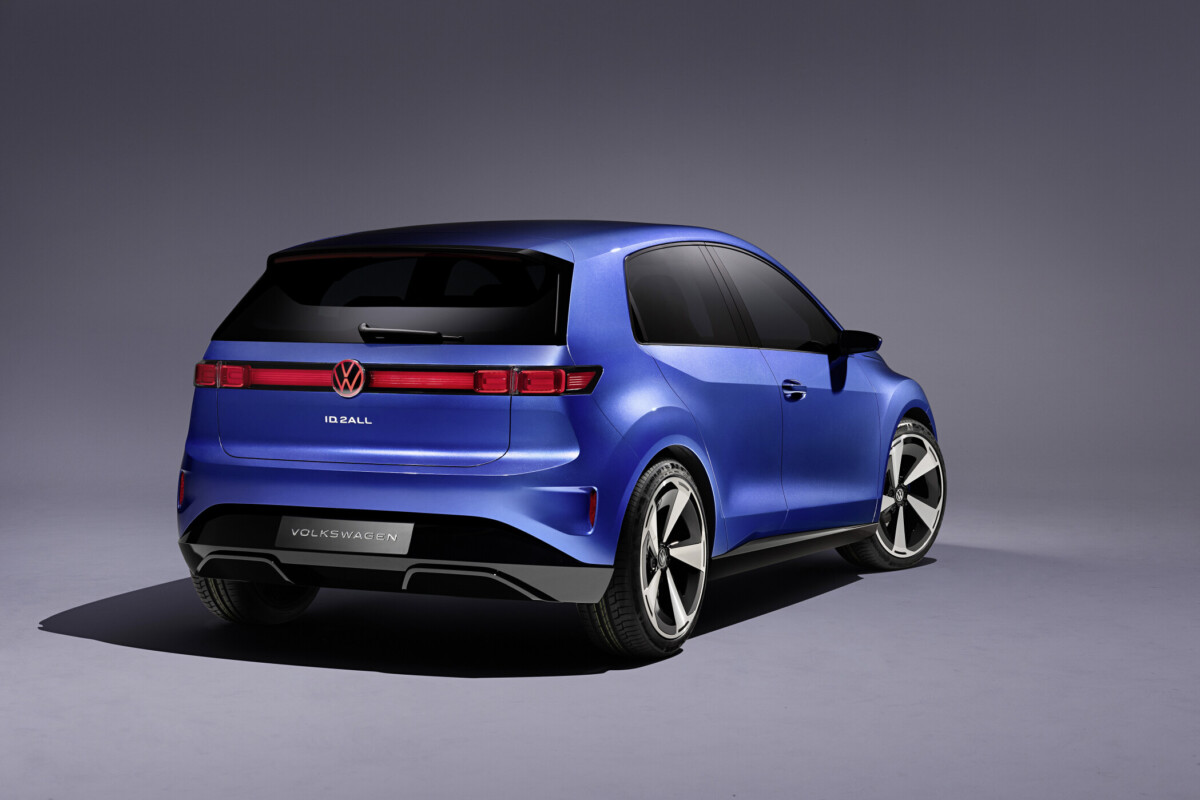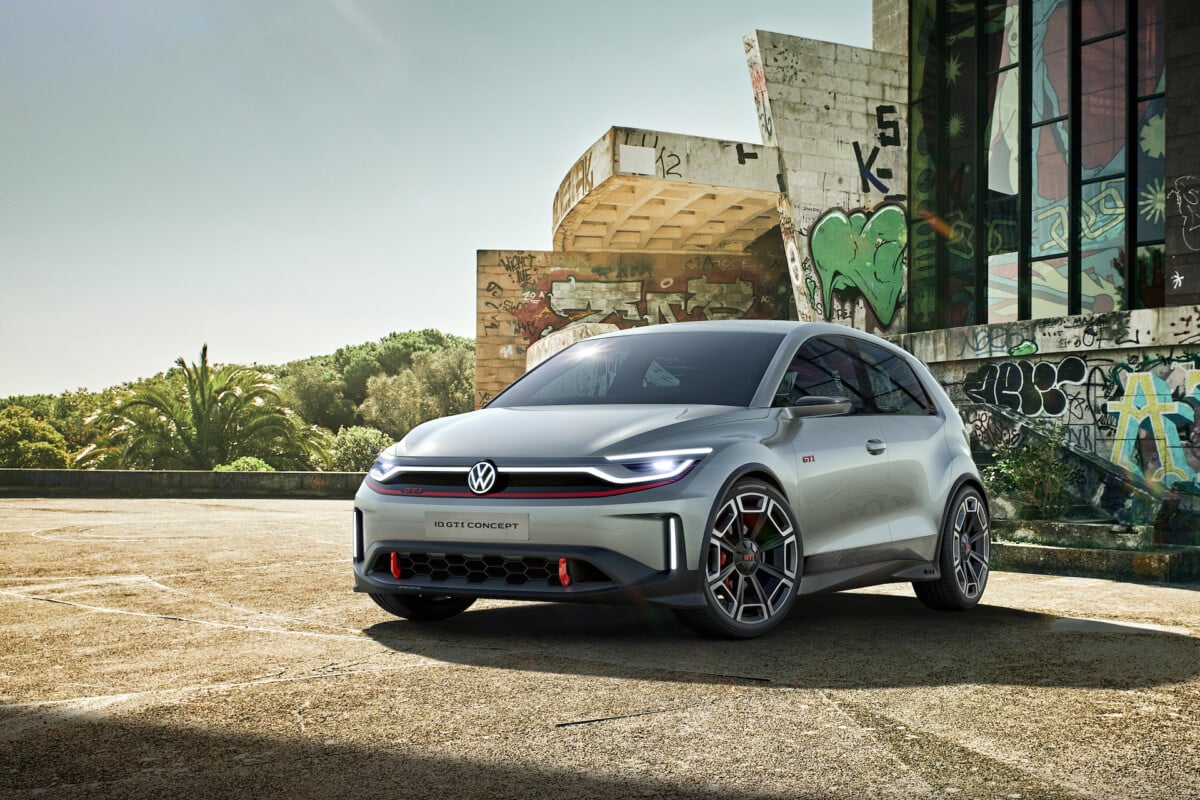Oliver Blume, head of Volkswagen, has just announced a halt to the expansion of European battery gigafactories for the group, attesting to a slowdown in sales of electric vehicles.
Volkswagen, under the leadership of Oliver Blume, is taking some time to think. Faced with a European electric market which is showing signs of weakening, the German manufacturer has decided to pause the development of new battery gigafactories.
The Czech Republic, which hoped to attract investments from Volkswagen, thus finds itself in a waiting position. Oliver Blume justifies this decision by pointing the finger the slowdown in sales of electric vehicles in Europeexplaining that there is “ currently no valid commercial argument » to continue to push investments in this direction.
Figures that speak for themselves
The results for the first three quarters of 2023 are in, and they are not really celebrating for Volkswagen. Despite a 61% increase in electric vehicle deliveries compared to the previous year, orders are plummeting, showing a 50% drop. This is a painful observation, especially since the order book is much less full than at the same time in 2022.
The reasons for this decline are multiple: inflation, uncertainty around government aid, waiting for more affordable models, high credit rates… Volkswagen is not spared. The group has even had to lower its ambitions, now counting on a market share of 8 to 10% in the electric sector by the end of the year, where it hoped to reach 11%.
The future, between innovation and competition
But all is not dark yet. Volkswagen is not sitting idly by and is banking on the future. New, more accessible models, such as the ID.2, and revised versions of the ID.3 and ID.4 are in the works, with the hope of reinvigorating sales.

It must be said that the competition is not waiting. Tesla and BYD continue their rise, putting pressure on the German group. Volkswagen seems to be struggling to find its place. This situation calls into question Volkswagen’s capacity for innovation and responsiveness. While its competitors are making great strides, the German manufacturer seems to be falling behind. Future less expensive models and revised versions of certain vehicles are expected, but will they be enough to restart the machine?
The decision to pause the development of new gigafactories may be well-considered, but it could also be a sign of a lack of long-term vision, which risks costing Volkswagen dearly. For the group’s boss, in any case, the future of Volkswagen would be squarely at stake.
